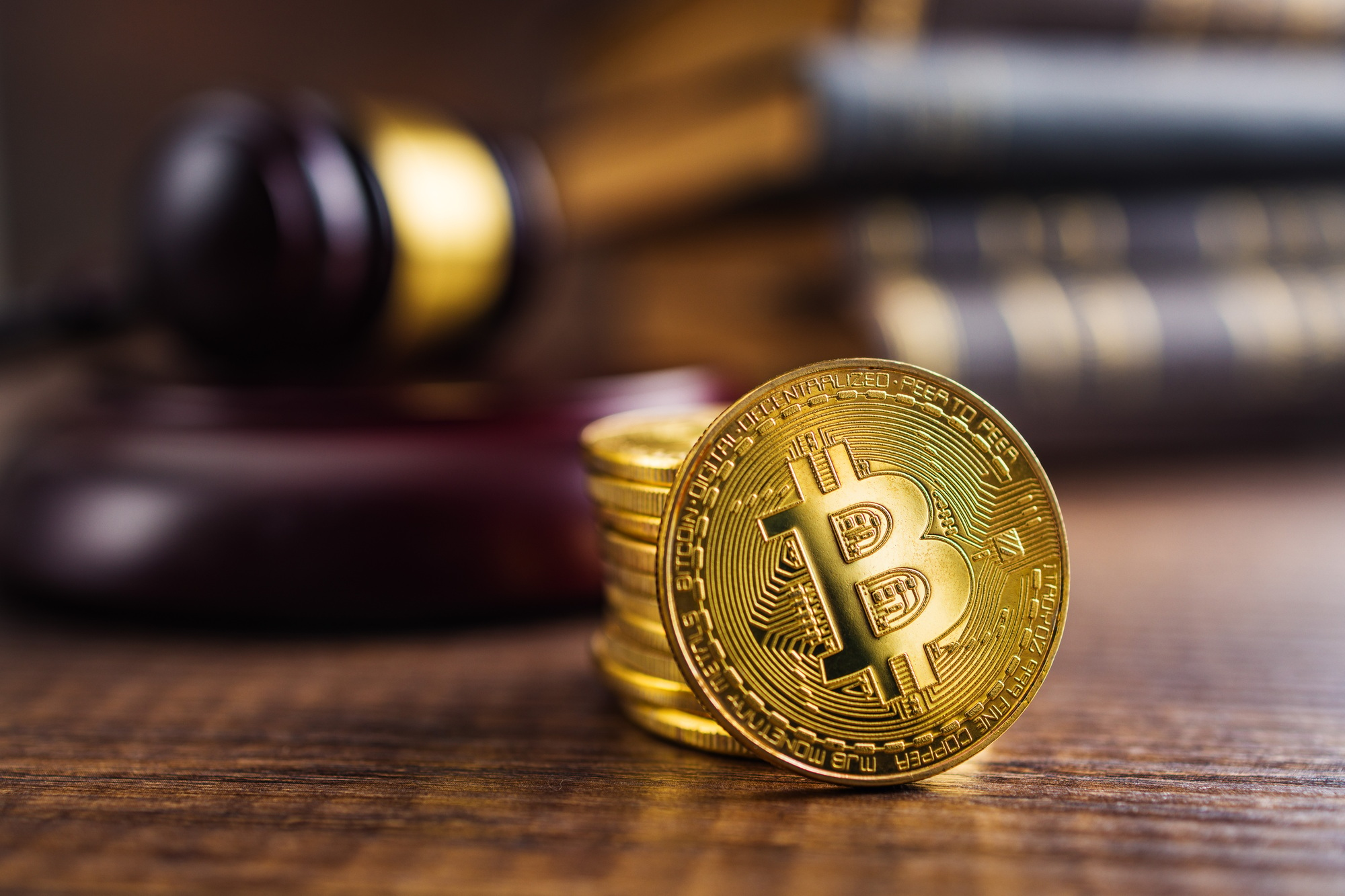In a significant development, divisions within the Democratic Party are becoming more apparent as Congress pushes forward with efforts to regulate the cryptocurrency industry. This legislative move comes amid ongoing debates about how to balance innovation with security and consumer protection in the rapidly evolving digital asset space.
The cryptocurrency market has experienced substantial growth over the past few years, attracting both retail and institutional investors. Despite its expansion, regulatory uncertainties remain, prompting lawmakers to propose new frameworks to oversee digital assets. The ongoing discussions highlight the contrasting views within the Democratic ranks on how strict or lenient regulation should be.
The recent legislative efforts are aimed at establishing clearer rules for cryptocurrency exchanges, initial coin offerings (ICOs), and other digital asset platforms. Some Democrats advocate for comprehensive regulations that would bring transparency and safeguard consumers, while others express concern about stifling innovation and the potential negative impact on blockchain development.
The division within the party could influence the trajectory of future legislation, potentially leading to a fragmented regulatory landscape. This scenario could complicate enforcement and compliance for market participants and might slow down the adoption of digital currencies in mainstream finance.
Market analysts suggest that these internal disagreements could lead to more moderate or piecemeal regulations rather than sweeping legislation. The outcome of these debates will likely shape the future of the crypto sector in the United States, affecting everything from investor confidence to technological advancement.
Looking ahead, the focus remains on upcoming congressional hearings, proposed bills, and the positions of key Democratic leaders. Additionally, stakeholders are monitoring how regulatory frameworks in other countries might influence U.S. policy decisions. The evolving political landscape underscores the importance of bipartisan cooperation in establishing effective cryptocurrency regulation.
Will the Democratic Party reach a consensus on crypto regulation?
It remains uncertain whether Democrats will unify on a regulatory approach, but ongoing debates suggest a divided stance that could lead to a compromise or prolonged legislative process.
What impact could these divisions have on the cryptocurrency market?
Internal disagreements might cause regulatory uncertainty, which could influence market stability, investor confidence, and the pace of innovation in the digital asset sector.
How might international regulatory trends influence U.S. crypto legislation?
Global regulatory developments and policies in major markets like Europe and Asia are likely to impact U.S. legislative decisions, encouraging a more harmonized approach to digital asset regulation.







